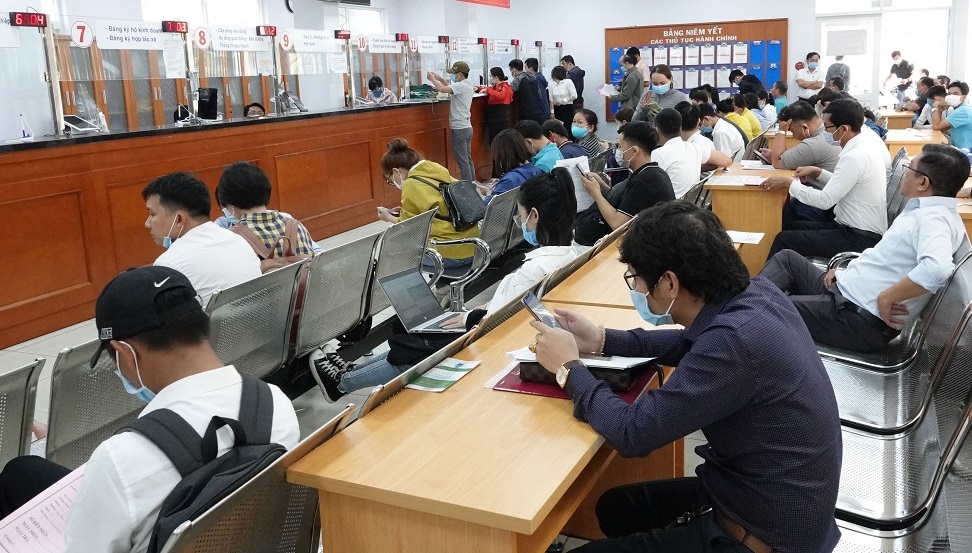Global response to Amazon forest fire
Forest fire was one of the top trending stories globally in August. In this month’s top commodities story, we’ll look at forest fires in the Amazon rainforest and how countries and companies have reacted to these wildfires.
The Amazon rainforest in Brazil is on fire
This year, thousands of wildfires occurred in the largest rainforest in the world, across Brazil, Bolivia, Peru and Paraguay. Many of the fires are burning in Brazil. According to the National Space Research Institute (INPE) satellite data, of 88,816 fires recorded in Brazil this year through August, 51.9% occurred in the rainforest.
According to a story in the Guardian, most of the fires are due to agricultural expansion, either smallholders burning stubble after harvest, or farmers clearing forest for cropland. Illegal land-grabbers also destroy trees. Most fires are deliberate and are manmade.
Farmers and ranchers in the region organised “a day of fire” for 10 August, where they clear the forests for pasture and planting by setting the forests aflame to show Brazilian President Jair Bolsonaro they wanted to work, says Folha do Progresso. These latest fires ravaging the Amazon rainforest in Brazil have in large part been the result of political acts.
Meat industry fueling Amazon wildfires
Critics allege Brazil’s booming beef industry is, in part, to blame for the ongoing forest fires in the Amazon, according to GlobalNews. Brazil is the world’s largest exporter of beef, exporting close to 20% of the total global exports, according to the United States Department of Agriculture (USDA).
Statistics released by the Brazilian Beef Exporters Association (Abiec) – an association of more than 30 Brazilian meat-packing companies – show the country shipped 1.64 million tonnes of beef in 2018 – the highest volume in history. The growth of Brazil’s beef industry is partly due to strong demand from China and Hong Kong, as these two markets alone provided for approximately 44% of the country’s total beef shipments in 2018, says CNN in this report.
Following an international outcry on fires in the Amazon rainforest set by farmers and loggers to clear the land for cattle, in late August, Finland – which hold the European Union’s rotating chairmanship, suggested the union consider banning Brazilian beef from its markets.
Meanwhile, leaders from France and Ireland said they will not ratify the EU-Mercosur trade deal with the South American nations unless Brazil does more to fight fires in the Amazon rainforest, according to BBC.
Fashion brands stop buying Brazilian leather
Ranchers setting fires on the Amazon rainforest don’t just export beef, but they are also a source of the country’s leather exports. The US parent company of footwear and clothing brands such as Vans, Timberland, The North Face, Dickies, and Kipling announced they will suspend leather purchases from Brazil due to the fires.
On 5 September, fashion retailer H&M also followed suit and announced they would stop buying leather from Brazil due to concerns about deforestation.






